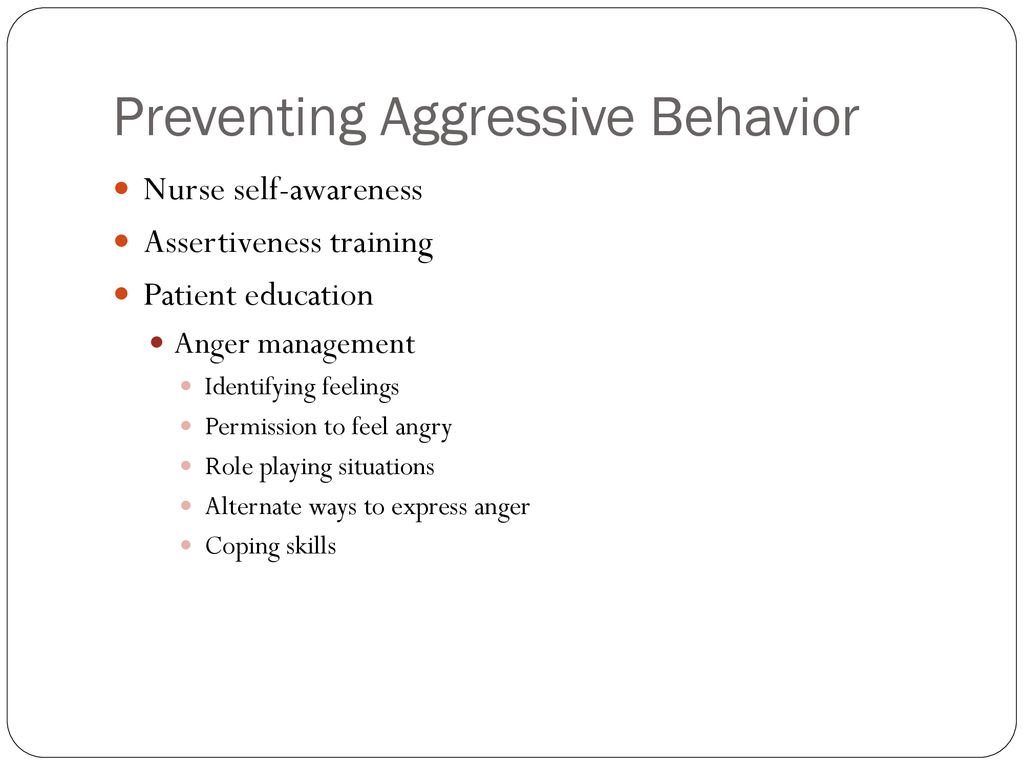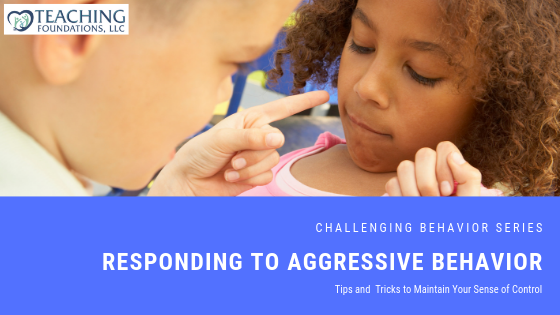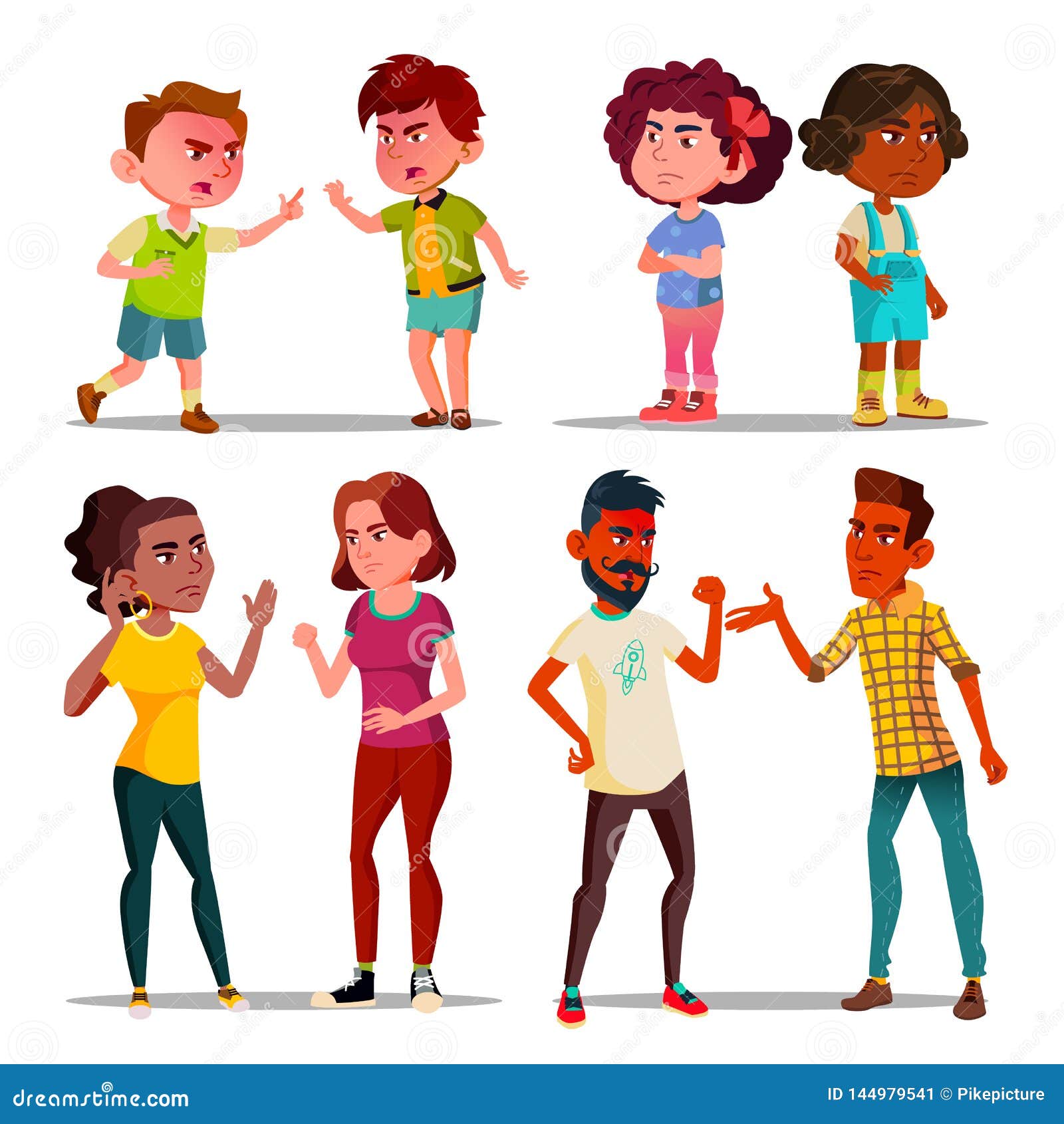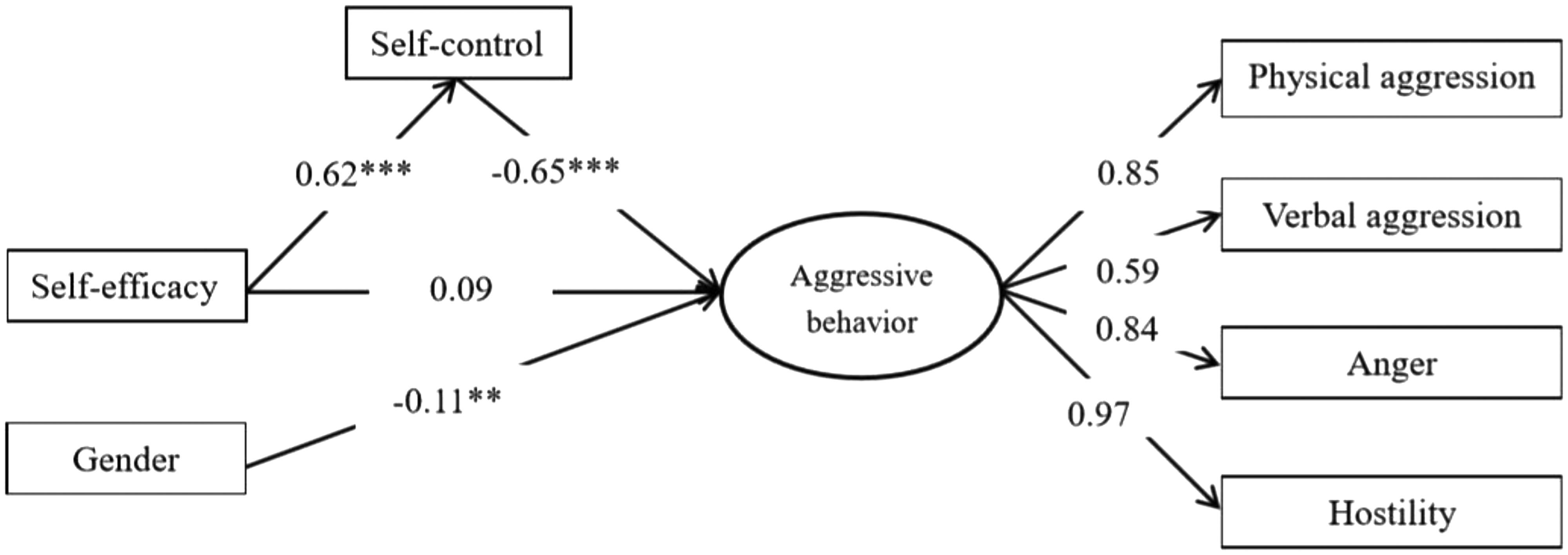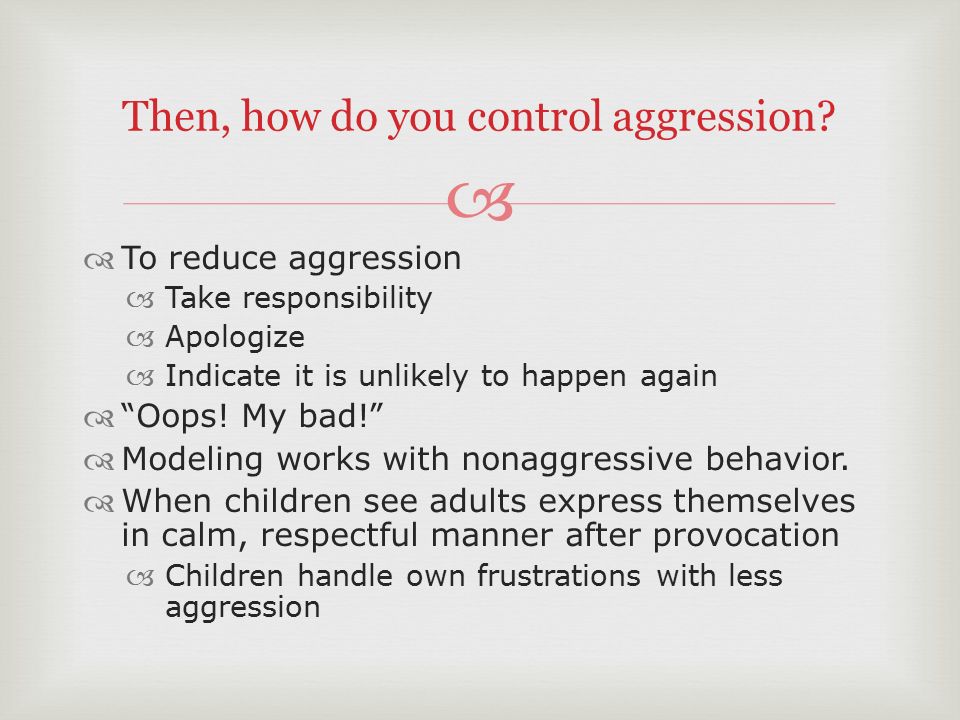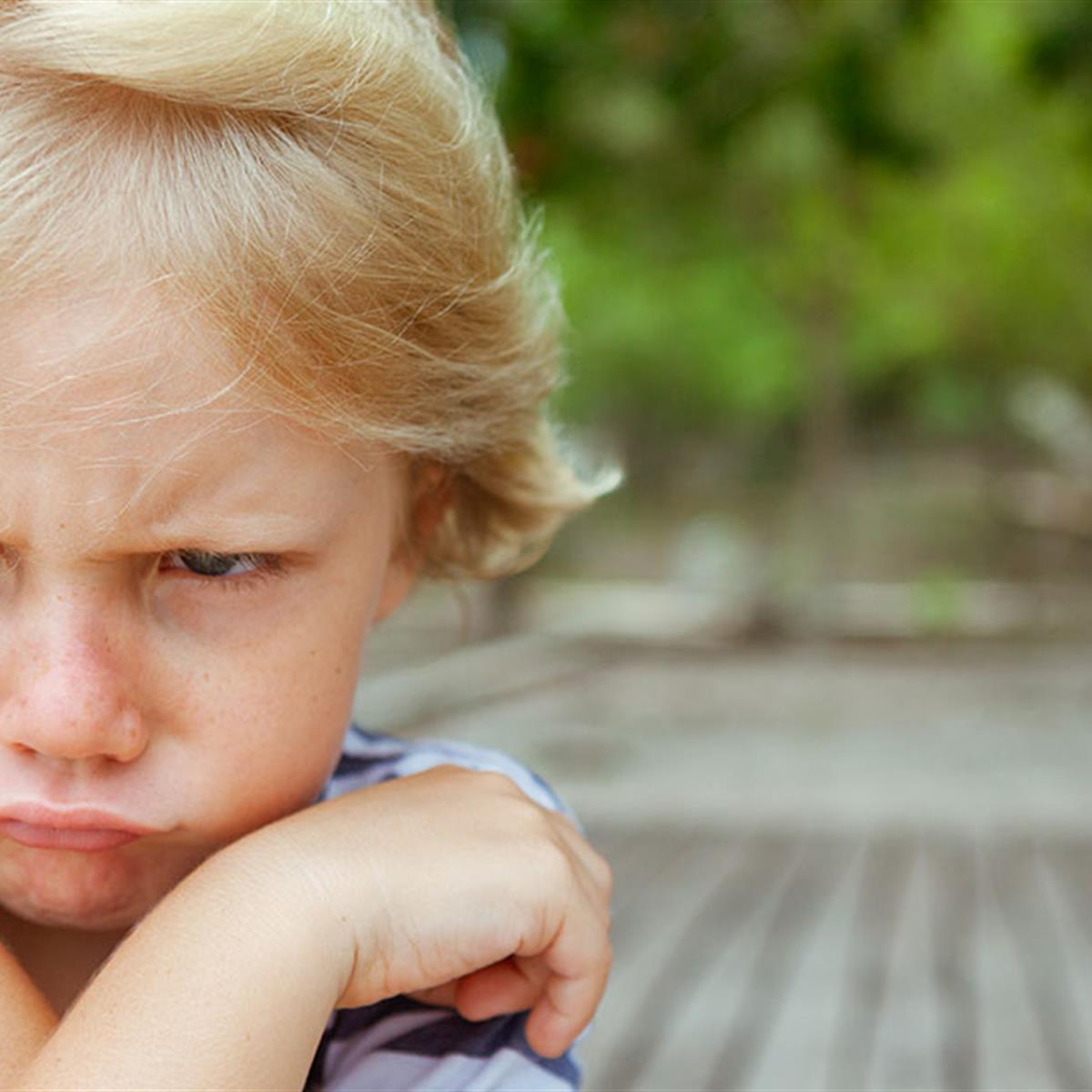Supreme Tips About How To Control Aggressive Behavior
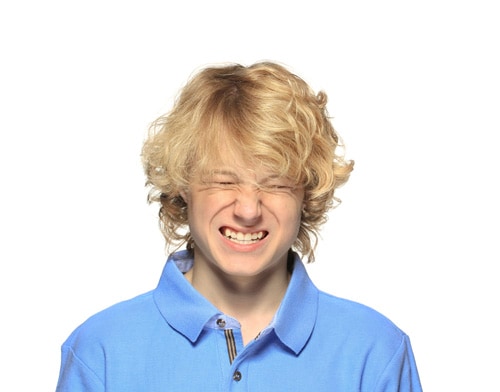
Reward your child for moving on.
How to control aggressive behavior. Tell others about your experience. Seven positive strategies for managing aggressive behavior in young children 1. Be prepared that children will sometimes have difficulty staying in charge of their behavior.
Stressful situations can cause frustration and trigger aggression in puppies. Ways of coping with aggression after it has happened include: 1) reduce your aggressive tonality.
Refer to any guidelines of your organisation. Direct therapy at symptoms that are causing. Everyone can behave passive aggressively from time to time.
Health professionals help reduce or prevent aggression and violent behaviors. During the physical aggression stage, a student has lost control and begins to threaten others, throw objects, or hit others; Be clear with your expectations about your child’s behavior and what the consequences will be.
If the passive aggression of a friend, family member, or colleague is troubling you. Depending on the child, here are some of the more common ways: It could be a good idea to involve the whole family in counseling.
Report the event to a supervisor. In most cases, you'll use positive reinforcement to teach your dog new. 2) stop giving unsolicited feedback.


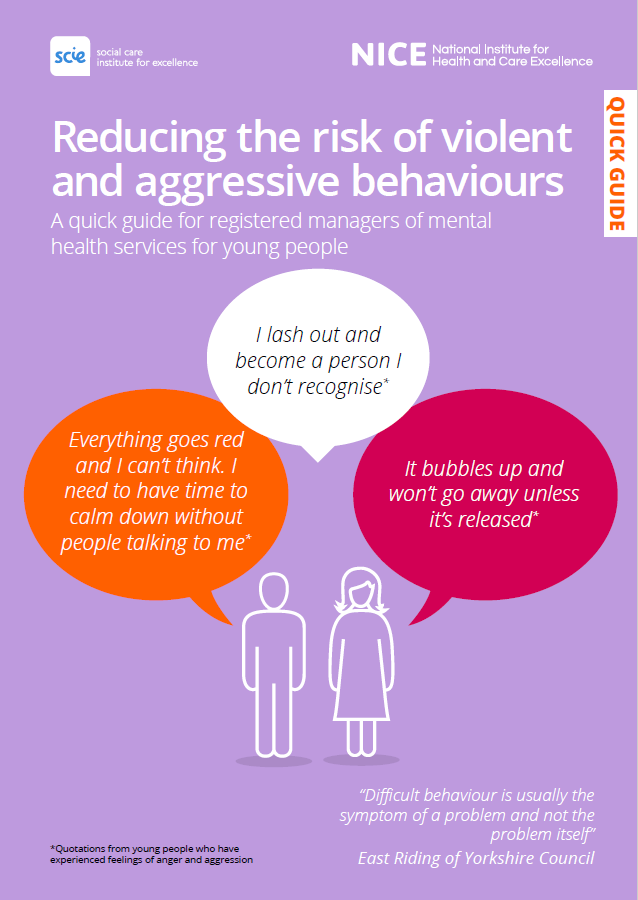
/what-is-passive-aggressive-behavior-2795481_final-b89054754f3e4363ab921bcddcd8ff3d.png)
/dogs-and-aggression-1118229_final-24ba368115ed4371bac59110c40527a1.png)
